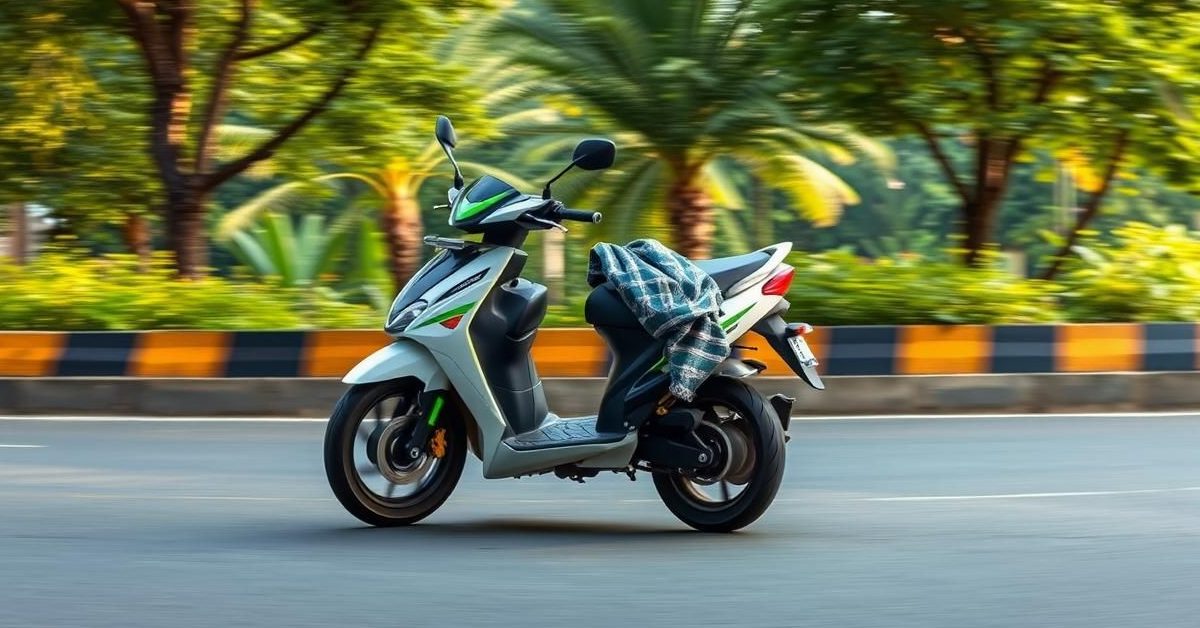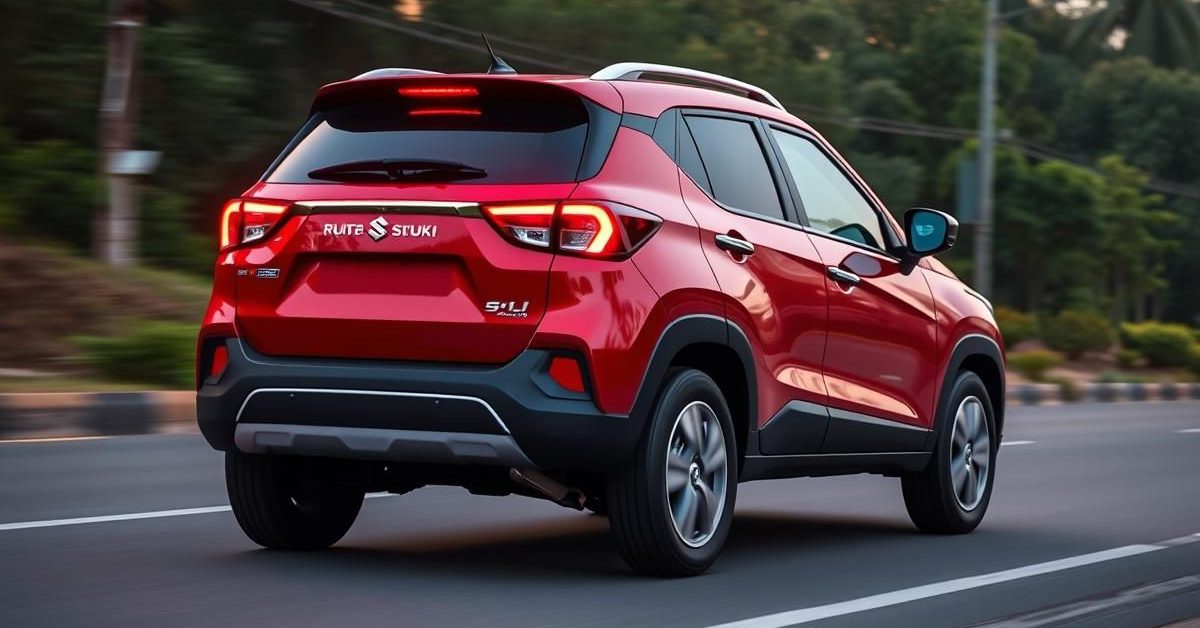Bajaj Auto faces a major hurdle as a critical shortage of rare earth magnets threatens to halt its electric vehicle production entirely in August.
The Magnet Crunch: Why Bajaj EVs Are At Risk
Rajiv Bajaj, the head of Bajaj Auto, has raised a serious alarm. A severe scarcity of heavy rare earth magnets, vital components for electric vehicle (EV) motors, could bring the company’s EV manufacturing to a complete stop next month.
These specialized magnets are primarily sourced from China, which has recently imposed tighter export restrictions. This move is severely disrupting the supply chain for high-performance EV motors globally.
Given Bajaj Auto’s significant scale, especially with its popular Chetak electric scooter, the company finds itself more vulnerable to this supply disruption compared to smaller EV manufacturers who might still have some existing stock.
No Quick Fixes on the Horizon
Bajaj highlighted that there are no easy short-term solutions to this predicament. Shifting to alternative technologies or new suppliers for these critical components isn’t a simple task.
Redesigning the components or completely overhauling the existing supply chain would be an incredibly expensive and time-consuming process. This timing is particularly challenging, with India’s crucial festive season just around the corner.
Policy Gaps and Industry Uncertainty
While some EV manufacturers are seeking concessions under the Production-Linked Incentive (PLI) scheme, especially regarding domestic value addition norms, Bajaj Auto has not yet made such a request.
Instead, Rajiv Bajaj is urging the government for greater transparency and timely updates. This would allow manufacturers to plan more effectively and navigate these unforeseen challenges.
The magnet shortage also points to potential rising production costs. However, passing these increased costs onto customers could be difficult in India’s price-sensitive EV market, where affordability and subsidies are key drivers for adoption.
Impact on the Wider EV Ecosystem
The timing of this magnet shortage couldn’t be worse, hitting just before the festive season—a period of peak demand for vehicle sales. A production freeze in August would likely lead to significant inventory shortages during these crucial months, impacting both revenue and market share.
Beyond Bajaj Auto, the ripple effect could severely impact smaller suppliers and EV dealerships. Many of these businesses have made substantial investments based on the expectation of stable government policies and continued EV growth.
Adding to Bajaj Auto’s woes is the delay in state EV subsidy reimbursements from the Maharashtra government. Despite passing on benefits to customers, the company has received very little in return over the past two years.
- Bajaj Auto faces a potential halt in EV production by August due to a shortage of heavy rare earth magnets.
- These critical magnets are primarily sourced from China, which has imposed export restrictions.
- There are no immediate or easy short-term alternatives to the current supply chain.
- The shortage comes just before the crucial festive sales season, threatening to impact revenue and market share.
- Bajaj Auto also faces challenges from delayed state EV subsidy reimbursements.
This rare earth magnet crunch exposes a significant vulnerability in India’s ambitious EV roadmap. How quickly the government responds with clarity and solutions could determine the pace of India’s electric vehicle transition.













